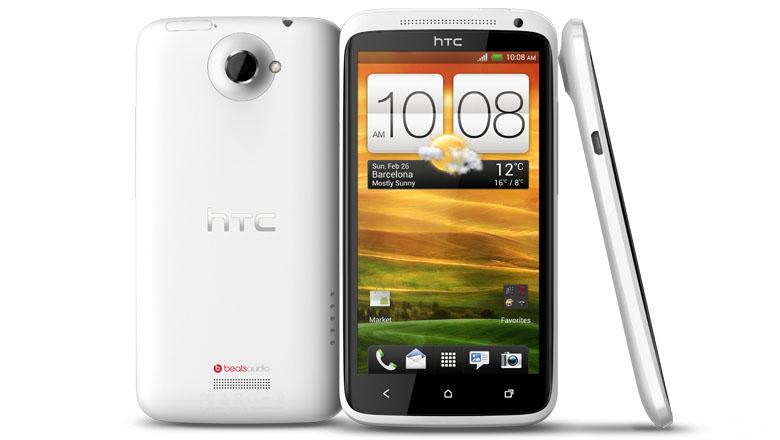HTC phones held up by Apple's ITC injunction begin trickling into US
HTC has revealed that "some models" of smartphones have begun coming into the U.S. through customs review, as first noted by Engadget on Sunday. The handset maker declined to say which models had passed inspection.
"Some models have gone through inspection and been released to our carriers customers," the company said in an investor statement. It added: "We don't have the status of each specific device at this time. We remain confident that this issue will be resolved soon."
The details were provided in an "active clarification" regarding the inspection status of HTC products by U.S. customs. Under the review, each imported HTC model must be reviewed and will be released once officials have completed the inspection.
Word first surfaced last Wednesday that U.S. Customs was holding up the importation of HTC handsets until they could be fully reviewed. The action was taken in response to an injunction issued by the U.S. International Trade Commission over an Apple patent related to "data detectors."
HTC's One X smartphone
Apple's patent pertains to the automated detection of data such as phone numbers, e-mail addresses and hyperlinks among text. HTC announced late last year that it had already developed a workaround to avoid infringement, and it's believed the handsets currently under review at U.S. Customs have implemented that workaround.
Among the devices held up is HTC's One X smartphone, an Android-powered device featuring a 4.7-inch 720p high-definition display, and a 1.5-gigahertz dual-core processor, and LTE 4G high-speed data connectivity.
 AppleInsider Staff
AppleInsider Staff








 Amber Neely
Amber Neely
 Thomas Sibilly
Thomas Sibilly

 William Gallagher
William Gallagher
 Malcolm Owen
Malcolm Owen
 Christine McKee
Christine McKee










41 Comments
I don't think we will hear the last of this in that the workaround as described doesn't seem to really avoid the issue of data detectors and uses a definition of them that I'm pretty sure the courts didn't support. They are assuming that the detection of the data and the resultant action have to be together for it to violate Apple's patent but a reading of the patent suggests (at least to me) that this isn't the case at all.
It will be interesting to see what Apple thinks about the workaround.
I don't think we will hear the last of this in that the workaround as described doesn't seem to really avoid the issue of data detectors and uses a definition of them that I'm pretty sure the courts didn't support. They are assuming that the detection of the data and the resultant action have to be together for it to violate Apple's patent but a reading of the patent suggests (at least to me) that this isn't the case at all.
It will be interesting to see what Apple thinks about the workaround.
Do you have any link to the workaround? I am curious what HTC have come up with...
Do you have any link to the workaround? I am curious what HTC have come up with...
http://www.dailytech.com/HTC+Implements+Workaround+to+Apples+Patent+for+Evo+4G+LTE+One+X/article24709.htm?utm_source=dlvr.it&utm_medium=feed
http://www.dailytech.com/HTC+Implements+Workaround+to+Apples+Patent+for+Evo+4G+LTE+One+X/article24709.htm?utm_source=dlvr.it&utm_medium=feed
Curious to know if this is how US Customs usually conducts themselves. On face value, it doesn't sound very professional but I imagine there is much more to it.
http://www.dailytech.com/HTC+Implements+Workaround+to+Apples+Patent+for+Evo+4G+LTE+One+X/article24709.htm?utm_source=dlvr.it&utm_medium=feed
Thanks, I had seen this before from the Verge but thought that there was some new information. I don't see how this is different from earlier Android versions; perhaps HTC have removed the ability to display the menu with options upon clicking on structured data altogether. On GB, once you select "use by default", you don't get the option menu any more (unless you go into the settings for the default app)...